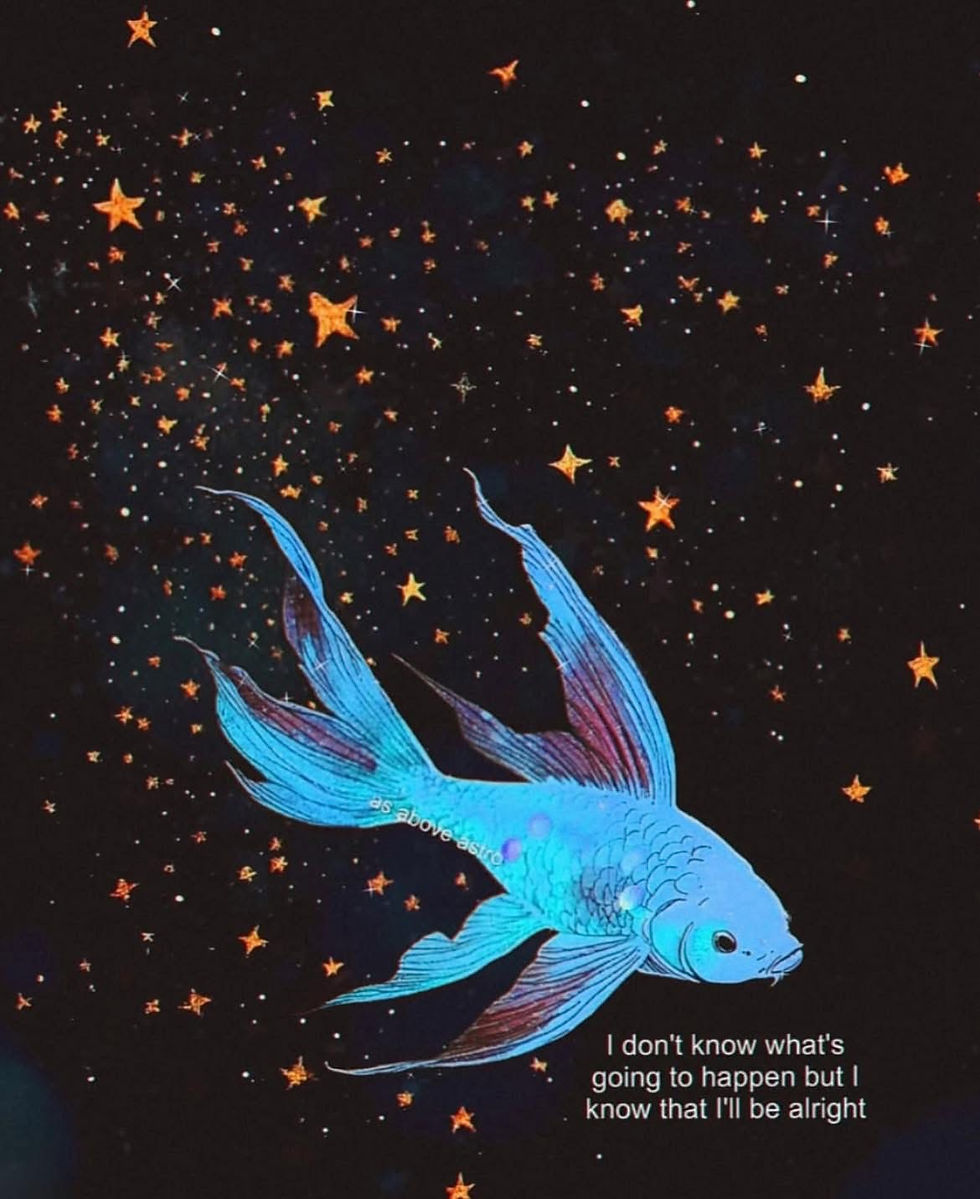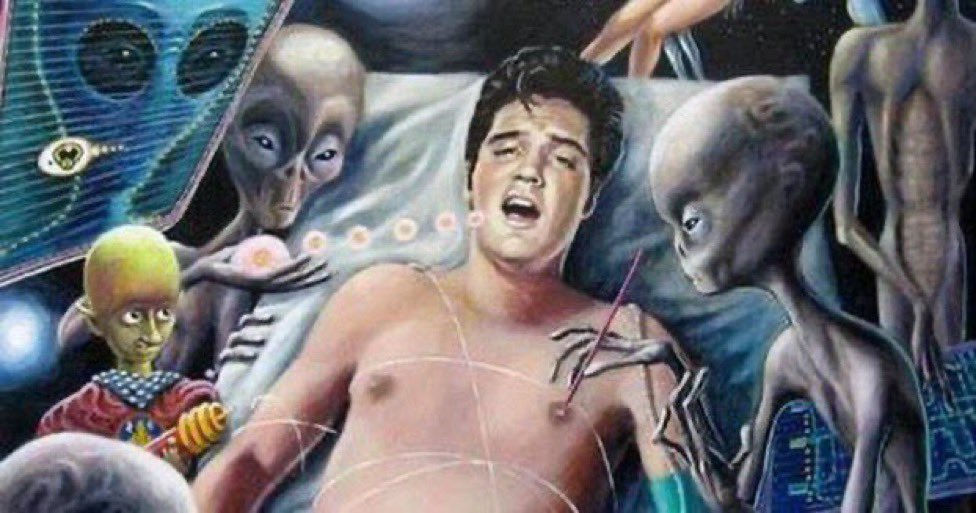Riffin' On the NFT Phenomena
- Doug Leamy
- Jan 30, 2023
- 6 min read
We live in the era of the NFT and in regards to my pet peeve… it happens in those moments where, struggling to understand what Bitcoin (which, being a cryptocurrency is a fungible token as opposed to an NFT) or any of the relative concepts, truly is or why we’re experiencing it at this particular moment in human history, individuals confidently write it off as a scam of some variety. Admittedly, the concepts have eluded even I for years in regards to utter comprehension…so misunderstanding it is more normal than it is not, but to credit the unresolved enigma behind it to the intentions/benefit of flimflammers? It seems to me that’d be a lot like vomiting the first time a girl tries holding your hand…
According to Webster’s an NFT is:
: a unique digital identifier that cannot be copied, substituted, or subdivided, that is recorded in a blockchain, and that is used to certify authenticity and ownership (as of a specific digital asset and specific rights relating to it).
Also according to Webster’s a “blockchain” is:
: a digital database containing information (such as records of financial transactions) that can be simultaneously used and shared within a large decentralized, publicly accessible network
The blockchain is the interface…it’s the ledger and it’s for some reason arising out of a decentralized network, that is publicly accessible.
The NFT is a unique identifier that is recorded in the block chain which indicates ownership over a specific (often times, digital) asset, as well as specific rights related to the asset.
The asset is not in the block chain, and the asset is not the NFT which indicates ownership over the asset and its rights.
So what the hell is the significance of any of this? The schisms escape the tyranny, somehow, of reported use and value; in regards to consumerism, huge amounts of our interactions with commonly consumed items remain unshared/unmeasured, as huge amounts of our lives really do reside in the “shadow”/bordering on uncanny/paranormal/wild by all expectations of normalcy/narratives on the median life in this day and age.
When the centralized ledgers only are willing to tell certain stories, to trace certain patterns, and nature seems to have other intentions, we get the insanity of the blockchain (wasn’t the creation of this stuff presumably accredited to the laundering of black market cash when it first emerged?). Money is a reflection of our love…our very lives, an intended quantifying of the totality of our Being in finite windows of capture… and when centralized markets refuse to validate actual events which have transpired, things get whacky.
However in the figurative, and probably in the literal (after all, you would have some sense that NFT’s and the sensational stories surrounding them have been the result of thinking men, financially established in our society, playing chess with the idea of the impact of media moreso than a vehicle for effective criminal activity), the abstracts behind the NFT phenomena are far more romantic than narratives from the financial world tend to be. The paradigms seem to capture that the most random and seemingly mundane of things sometimes become vehicles for comprehensive life transformations in sentient, caring individuals.
In taking place in the shadows, and emerging from interfaces/blockchains that themselves are passion projects, the whole “NFT” experience forgoes the constraints quietly, tersely wrapped around “normal” consumerism which prevents the sheer act of being a consumer from being a truly spiritual/transcendent, life-changing experience.
Which is not an unheard of experience. People learn how to fall in love with things again periodically across their busy lives… how to fall in love with acquiring new things, once again, even. In the figurative, the paradigms associated with the “NFT” better represent or give a framework with which to represent just what is happening as they do as much than those of normal consumerism.
Which is both shallow and profound. We are hardwired biologically, especially by the time we are “learning to fall in love with things again”, presumably in our adulthood, to derive value from things that are…very valuable. We think of our loved ones, our families, our friends, our life goals, our value system, what we think the social world around us needs from us at the time… we sift through all of this as we are deciding to become excited about our decisions as consumers, once again…to become conscientious consumers, or simply conscientious.
The NFT paradigms are clunky, but they capture the experience of the modern consumer…these consumers really breath life into the assets/find value within them that are counterbalanced against what that individual intends to do in the future… in short, it’s the consumer who really drives the whole thing. They aren’t so much responsive to value, as they find a way to embody it in the signifier they find will be appropriate in continuing to inspire them to feed that process of infusing value into things via conscientiousness.
It seems to me that an NFT doesn’t have to be digital, simply an asset. At that point, what differentiates it from the Barbies at Walmart is that this asset is going to be traded/consumed in a decentralized network, and these in theory aren’t subject to tax law depending on how they are executed? But even then…it seems like most of the blockchains that have emerged are or would be subject to tax law all the same so… at that point it basically means you have to really want this thing even more than normal, because you essentially have to sign up for the auction/jump through hoops to be a potential shopper.
So there’s not a lot of pragmatism to this. People aren’t skirting tax law. People aren’t getting away with crazy scams. It’s just a really hard way to try to sell assets…in theory this can create more value out of the pieces when it’s all said and done but it also could go the other way. So what’s the pertinence of the NFT in 2023?
It’s a concept concerning consumerism that seems to better capture that the value of items isn’t entirely socially driven, but is best driven by individual sentimentality/astute mechanics at the level of the individual. It at least captures the notion that any particular thing can be a vehicle of God, and so therefore that wheel of cheese might save Humanity… better than other frameworks for consumerism.
Most importantly, it captures eloquently, in arriving when it does, that money/value truly is some sort of enigmatic Singularity, a contained capturing of the network of mutuality that all living creatures have been thrust into. We’ve had some sense that if one was a wizard and looked to the “markets” on any given day, they could see in the patterns in the numbers the happenings of the world, in a meaningful sense. Now is the time, over America way, that we are poised, technologically, and culturally, to really be “there”…to be able to integrate news of the financial world and the performance of the markets into our daily lives and use these as another compass for moral/meaningful behavior.
In my experience, this is what the market really is, and these are what the monopoly men out there are moreso trying to do more than make another billion…they want to save the world. That culturally we treat them as if they are a personal emanation of the very Agent Orange we sprayed over the jungles in Vietnam, these “Monopoly” Men... is enfeebling at this juncture (aside from that one guy who is a personal emanation of the agent orange we sprayed over the jungles of Vietnam, but he sucks pervasively, not simply because of his greed), and breeds divisiveness in our country. I’d argue the existence of the “NFT” as a phenomena that no one understands but that the media won’t shut up about… is some sort of cosmic clue of an evolving culture regarding what it means to have “made it” and became “wealthy” in America.
You can always see in finite constructs that giving to one, in theory, prevents another from having access to that. But also too, upwards mobility is created in these frameworks by created value, not by the partitioning of the finite amount of cash in circulation towards a certain corner. It’s the leaky bucket that actually tends to receive a steady stream?
These sorts of notions don’t excuse the wealthy becoming disproportionately wealthy, but it seems like a better path towards that realization, as well as one that will streamline solutions. Whereas…if we call them pigs we really are failing to capture reality (like 99% of the time…). The truth will set you free; even ragging on the incredibly affluent is wrong.
Unless they inherited their money, that is...
Also too that we live in the day and age that companies are doing things that used to be reserved for government...sending individuals to space...creating their own currencies...there's some sort of story being resolved concerning the great battle of communism vs democracy in the World...
We just gotta stop these companies from turning us into a fascist state!







Comments